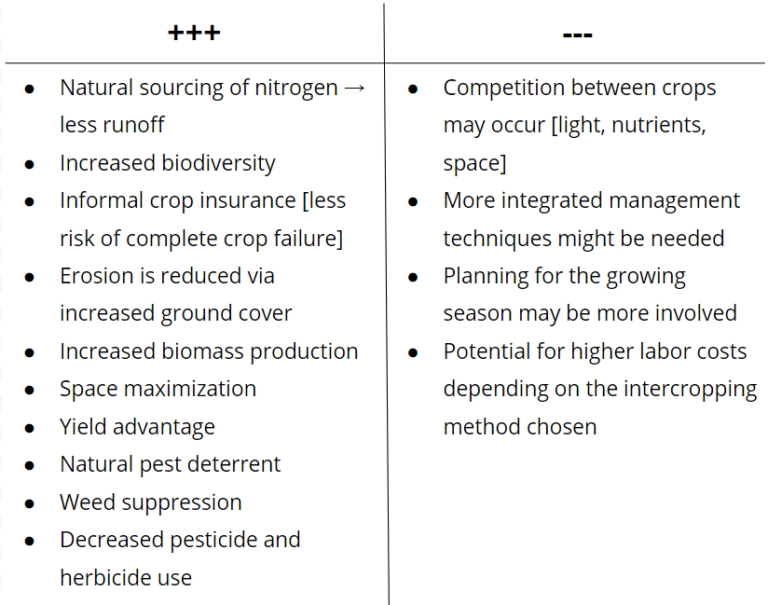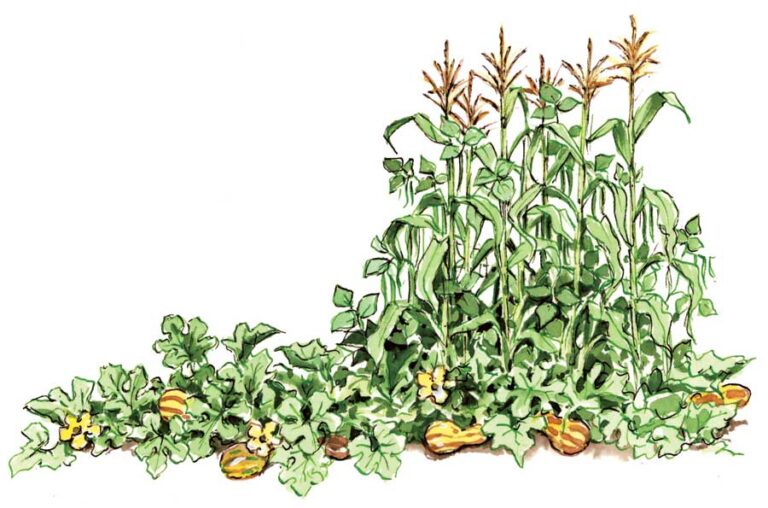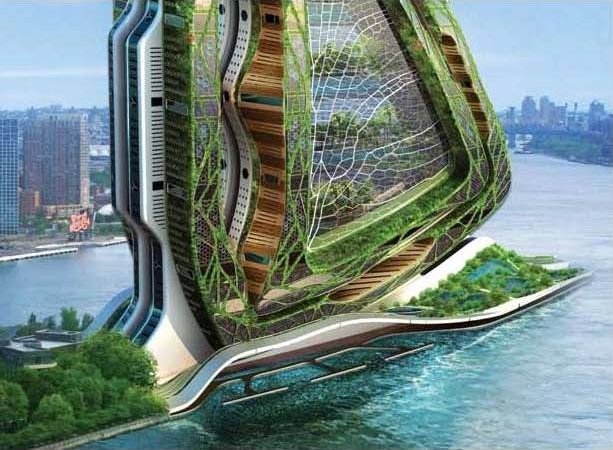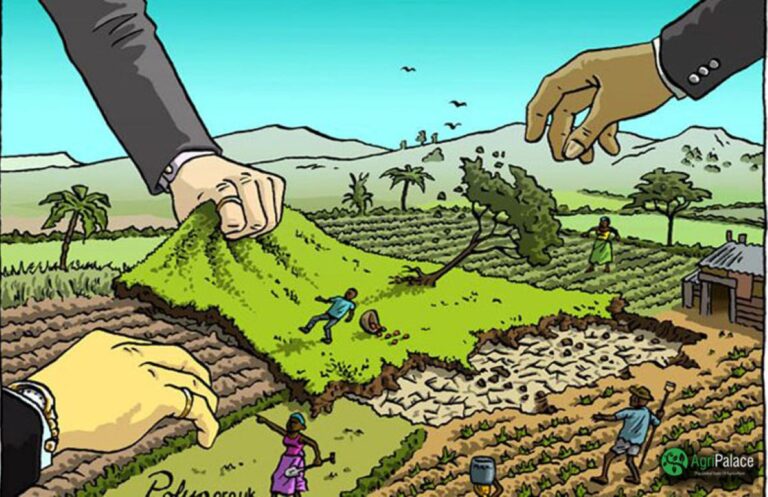what are small farms? how do small farms contribute to society? what challenges are small farmers faced with?
Producing a vast amount of the world’s food, small farms are valuable assets that contribute to long-term economic sustainability and food security. What actually constitutes a small farm is hard to specify as there are extreme variations in societal structure, ergo many definitions exist. In the United States, a small farm is defined as any…




